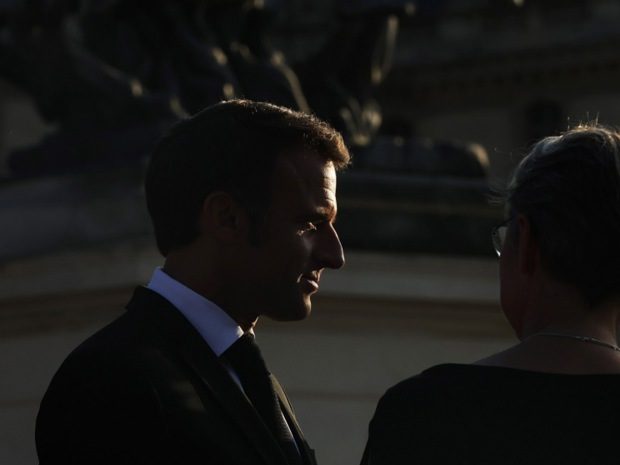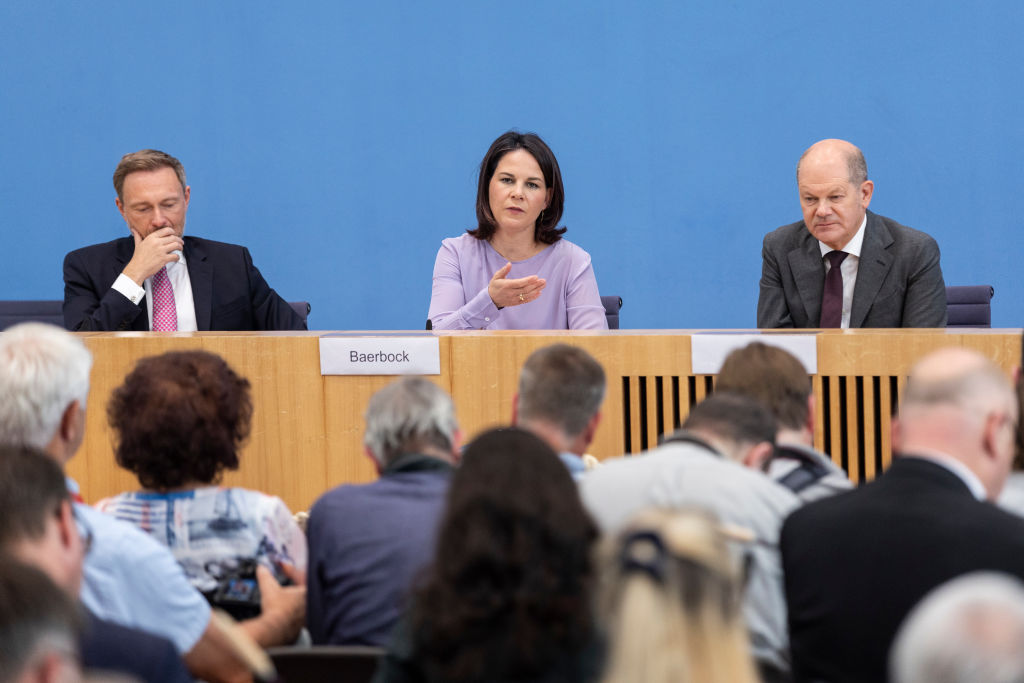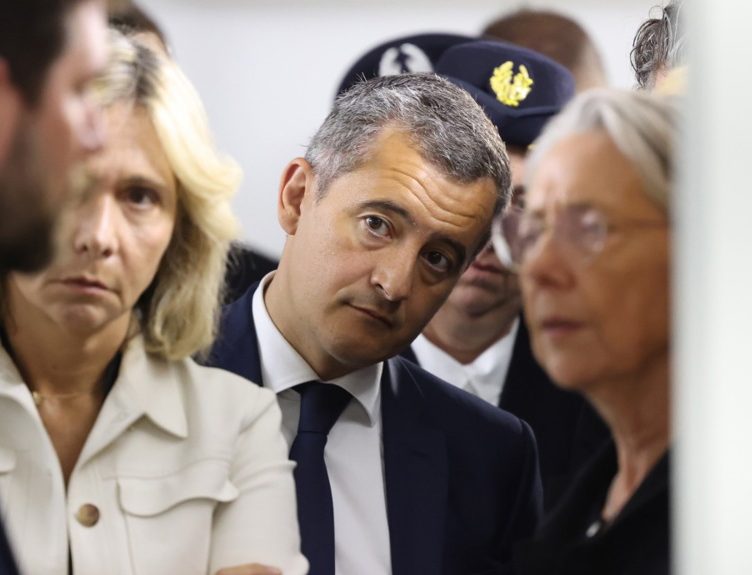Italy’s governing coalition may be in trouble following a failed attempt to curb soaring tax bank profits.
Late on Monday August 7, Deputy Prime Minister Matteo Salvini announced that the Italian government would be taxing Italian banks’ recent windfall profits at a rate of 40 per cent.
The shock news from Prime Minister Georgia Meloni’s main ally and national-populist Salvini tanked prices in the Italian financial markets.
Another Meloni ally, Antonio Tajani, who is now leader of Forza Italia – Italy’s centre-right party founded by the late former PM Silvio Berlusconi – was critical of Meloni as he took to the Italian papers.
He said his party “didn’t know anything” about the decision, and reprimanded Meloni, saying that “certain things need to be agreed” beforehand between ruling parties and their leaders.
Lenders have been among the few big winners in Italy’s recent economic crisis. The European Central Bank has made dramatic hikes in interest rates to reign in rampant inflation caused by the fallout of the war in Ukraine, and the Covid-19 pandemics and lockdowns. As these rates have been passed on to the markets, borrowers have felt the squeeze while lenders have benefited.
Spain, Hungary and Czechia have all made similar moves in recent months.
Salvini’s sudden decision caused chaos in the Italian stock market as share prices of large Italian banks plummeted.
That forced the Meloni’s government to back-off, changing the tax on profits to a tax on the banks’ total assets. Still, she remained defiant over the initial decision.
Speaking to Italy’s main newspapers on August 14, she said she “would do it again”.
Meloni justified the move saying that banks were not playing fair with consumers. She said that while they had raised interest rates on mortgages, they had not passed on the benefits by raising the interest given to savers – who provide the banks with the money they lend out in the first place.
Observers say that the latest situation regarding banks illustrates deeper splits in the governing coalition.
Meloni, as a national-conservative, must straddle both more moderate and Liberal players such as her allies in Forza Italia, while also appeasing harder Right and more populist elements in her own Fratelli d’Italia party, as well as Salvini’s Lega party.
Many speculate that the fact that Salvini announced the tax by himself was a sign that the government was responding to its more right-wing supporters and to popular pressure more generally.
Tajani, a former European Commissioner, signalled his disagreement with his allies’ attempted policy, saying his party was ultimately an economically Liberal one. “We’re not for a statist economy … Too much state in the economy is not a good thing”, he said.





